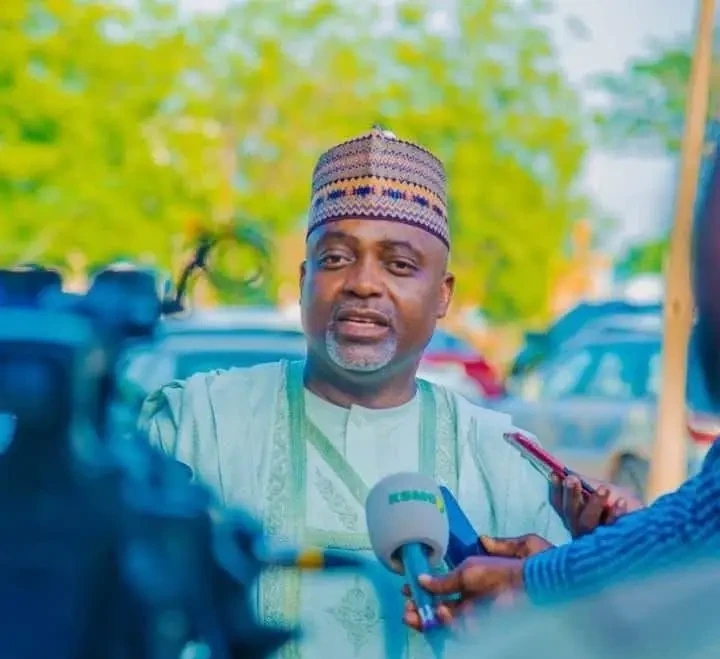Kaduna State’s legislative body confirmed Ahmed Maiyaki as the new Commissioner for Information on Thursday, following his nomination by Governor Uba Sani. During his confirmation at the State House of Assembly, Maiyaki, a former official within the ministry, pledged to prioritize transparency and citizen engagement in government communications. His appointment coincides with the passage of two key bills aimed at reforming criminal justice and boosting tourism, signaling broader efforts to modernize governance in the northwestern Nigerian state.
Maiyaki emphasized the ministry’s role in fostering trust between the public and government, stressing that communication strategies must be proactive rather than reactive. “It should be clear and responsive, helping citizens understand government actions while keeping the government aware of public concerns,” he told lawmakers. When questioned about leveraging institutional knowledge, he clarified that while retired staff would not be rehired, their insights would be welcomed, and current personnel with relevant expertise would be tapped to improve service delivery.
The commissioner, who previously worked in the ministry in a different capacity, expressed gratitude for the leadership opportunity, stating, “Alhamdulillah [Praise be to God], I’ve been here before, though not in this role. I look forward to working with the team.”
Earlier in the session, lawmakers advanced significant legislative reforms. A bill amending the 2017 Kaduna State Administration of Criminal Justice Law passed its third reading, alongside legislation establishing the Kaduna State Tourism, Museum, Landscape, and Recreational Services Law, 2025. Both motions, introduced by Zaria lawmaker Mahmud Lawal and seconded by Ikara representative Hassan Muhammad, aim to enhance efficiency in judicial processes and promote cultural and economic development through tourism.
A separate bill proposing the creation of a Tertiary Institution Regulatory Agency also moved closer to passage, undergoing its second reading. Sponsored by Lawal, the legislation seeks to overhaul higher education oversight by implementing data-driven policies and strengthening accountability measures. If enacted, it could reshape academic standards and administrative practices across Kaduna’s universities and colleges.
The session underscored the state’s dual focus on governance modernization and public engagement. Maiyaki’s emphasis on responsive communication aligns with growing demands for transparency in Nigeria, where citizens increasingly seek clarity on policy decisions. Meanwhile, the legislative reforms reflect attempts to address systemic inefficiencies—from streamlining court procedures to revitalizing tourism infrastructure—a sector with untapped potential in the region.
As Kaduna continues its push toward institutional reforms, the newly confirmed commissioner’s ability to translate governance initiatives into accessible information will likely play a pivotal role in fostering civic participation and public trust.
